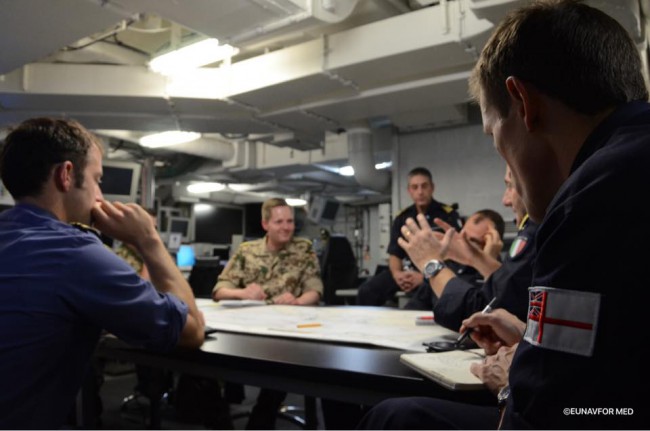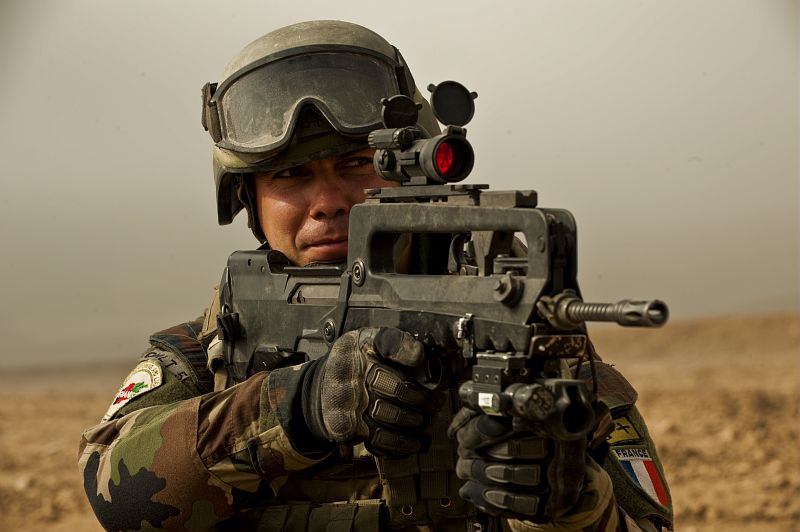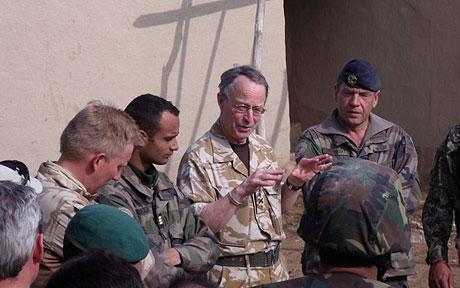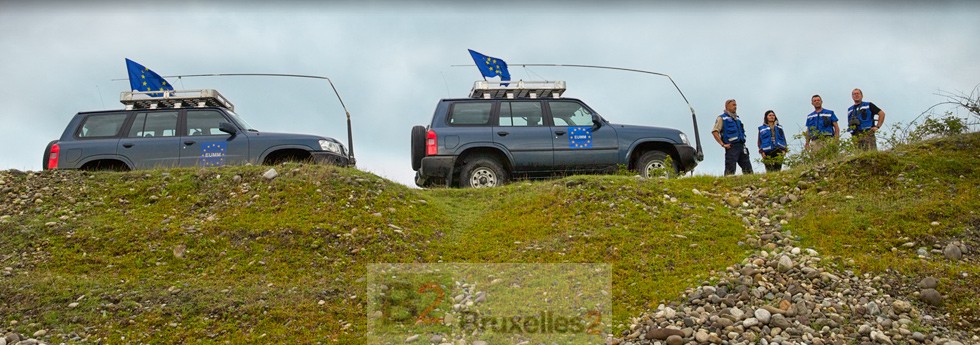Where are the Europeans engaged on the external “fronts”?

(B2 - exclusive) Following the triggering of article 42.7 by France, B2 wanted to take stock of the external operations of the Member States of the European Union. A survey that includes participation in European missions and operations, civil or military, such as NATO, UN operations or those carried out “nationally”.
Here are the main lessons
Contrary to what is often said, many European countries are quite involved in crisis areas in stabilization missions and operations. But it should also be noted that, very often, they prefer fairly calm grounds. This is what our survey shows.
NATO's operation in Kosovo (KFOR) is thus still mobilizing several thousand men in total, from several Member States, whereas everyone agrees that the situation does not require such a deployment of military forces. Moreover, the commitment there is quite placid » today, not to say « cushy ". This is also the interest for several countries: it is not very far, not very expensive. And there is a good driving range.
Rather NATO or the EU than the UN
In general, it can be noted that the Europeans prefer to engage in multinational operations of “their” organizations (European Union and NATO) rather than within the UN. Sending blue helmets is no longer very popular, except in UNIFIL in Lebanon (an operation of European initiative originally) or for some countries (Ireland, Italy, Sweden).
Some countries adopt a strategy of being present in all operations to some extent: a bit of NATO, a bit of the EU, a bit of the UN. Others adopt a strategy of concentrating on a few operations, to have a significant effect, or on one or two theaters of operation, also providing "national" support for multilateral operations. Historical traditions, political biases, strategic positioning often weigh in on these holdings. But we must also be wary of certain prejudices... Some countries surprise by notable commitments in missions where we would not expect them. Several countries also conduct national missions/operations (Belgium, Spain, France, Netherlands).
Often countries maintain a staff of one or two nationals in a number of missions. The usefulness of this commitment is limited. Above all, it allows the State concerned to plant a flag on a map and to be informed of the situation on the ground (the soldier then becomes just as much a liaison officer responsible for relaying information to his capital as expertise at the service of the head of mission).
Central and Eastern European countries are struggling to engage outside their immediate area of action (Balkans and Caucasus) and Afghanistan. With the exception of Lithuania or Estonia as well as the Czech Republic. Is this the threat (felt or real) from Russia in relation to the countries of the former USSR? Is this the backlash of the commitment, sometimes felt as a failure, in Iraq in 2003? Or a more noticeable withdrawal? The reasons are undoubtedly multiple.
The countries that have been hit hard by the economic crisis (Bulgaria, Greece, Portugal, etc.) have, on the other hand, markedly reduced their external commitment. Spain seems to escape this rule. But the external commitment remains less than in the past. Ireland also, but we note in the figures provided by Dublin, the "air pocket" of 2011, which was precisely in the heart of the financial crisis on the island. Here we see a fairly close correlation between the economic and budgetary situation and external commitment.
Several countries have also engaged the army in internal operations, in a significant way, either to secure their national territory over a relatively imprecise time (Belgium, France, Hungary, Italy), or to provide short-term assistance in the face of the massive influx of refugees (Germany, Austria, Slovenia).
Finally, we can notice, in particular, the relative weak commitment of certain countries in particular (Poland, Sweden, Romania), with regard to their demographic weight or even their good economic health, for the first two.
(Nicolas Gros-Verheyde)
All the details about B2 pro: External operations. Where are the European soldiers engaged? Details country by country. Our investigation
Read also: The mutual defense clause activated. The allies are mobilizing. A historic first



